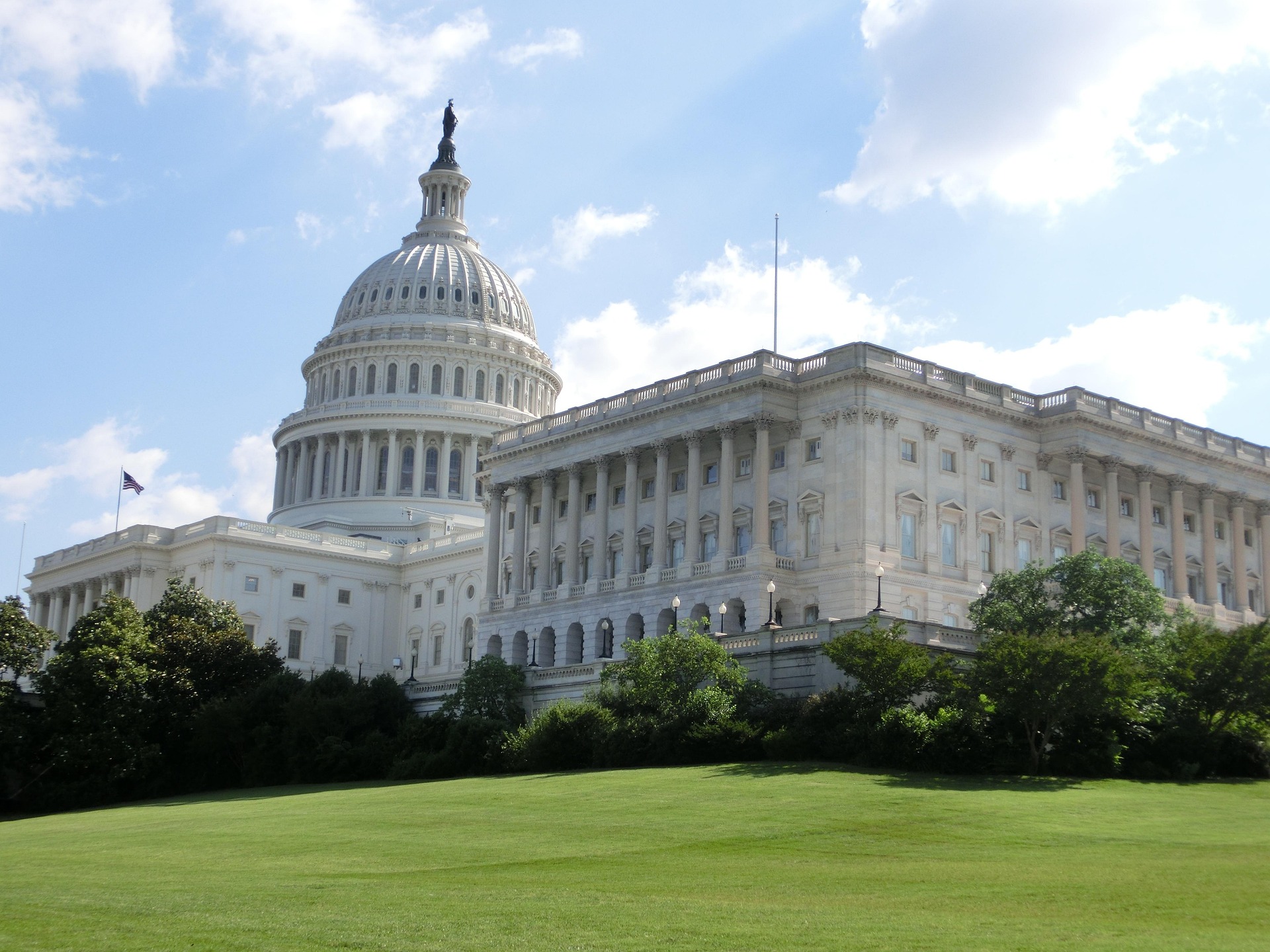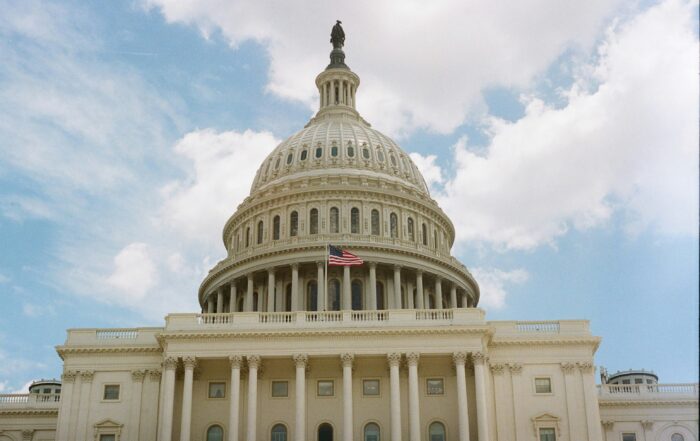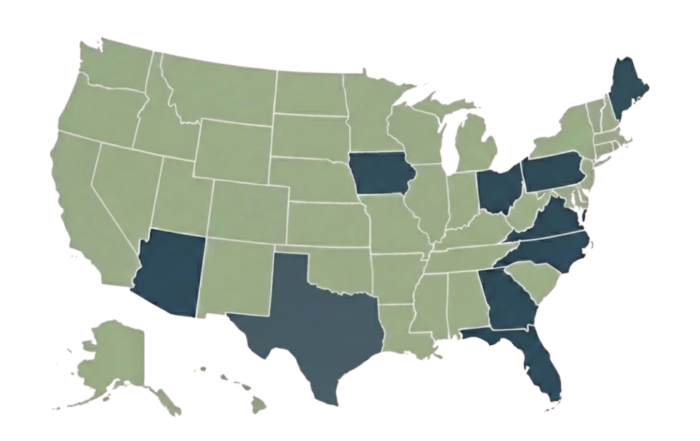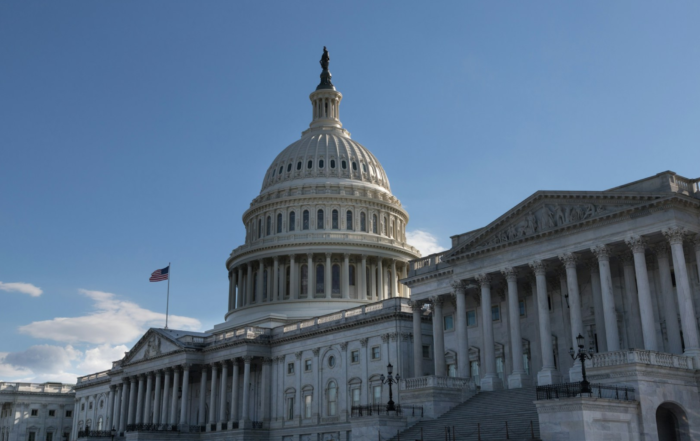
Chris Moyer
Founder & President
Early this morning, the House of Representatives voted, 215-214, to send to the Senate a massive bill that, among many other things, dismantles the IRA’s clean energy tax credits. Here’s a good summary, and the language got worse in the nine days since it was introduced.
As I’ve written, this outcome was always likely. The hope that nearly two dozen letter-signing House Republicans would stand firm for clean energy has proven to be deeply misplaced.
Here are three reasons why these members were never going to vote against this bill—no matter how destructive its tax credit provisions became:
1. Partisan Politics Is a Powerful Force
Many of these Republicans come from swing districts and often brand themselves as moderates. That gave the clean energy industry hope they’d defy their party. But that hope ignored political reality.
Had this vote been solely on the clean energy tax credits, almost all of them would have voted to protect the credits. But the bill was loaded with broader GOP priorities—extending Trump-era tax cuts, raising the SALT deduction cap, reforming Medicaid, and more. The credits were just one item in a much larger package.
They weren’t going to tank their party’s top legislative priority—especially not one backed by Trump. Hoping they’d behave like Democrats on a major vote was always misguided.
Partisan loyalty dominates major legislation. Just look at the past decade-plus: Democrats voted in lockstep for the Affordable Care Act 15 years ago; Republicans did the same for the 2017 tax cuts. The Inflation Reduction Act was passed along party lines in 2022. That trend has only intensified. Breaking with your party, especially with a vengeful leader, carries serious consequences.
2. They’re Avoiding a Primary Challenge
Every member’s top consideration, with every vote and action, is political survival. Voting against this bill—against Trump and against the party line—would guarantee a primary challenge.
It’s not hard to imagine the Trump tweet if, say, Rep. Andrew Garbarino had defied him:
“Why is Greenie Garbarino siding with Biden’s Green New Scam? He’s voting against YOUR President. We need to replace him with someone who supports America in 2026! #MAGA.”
The right-wing media machine, from FOX News to the Daily Wire to the coterie of podcasts, would go into overdrive, relentlessly attacking the incumbent. The challenger would raise boatloads of money and likely emerge as the favorite in the primary next spring or summer. The incumbent’s political career would likely end.
These House members twist themselves in knots to justify their bad votes to avoid this exact scenario, telling clean energy advocates and others they’re better than the alternative. Yet to what end?
3. Tax Credits Were Never Their Top Priority
If you listen to how they talk about SALT relief—in politically “existential” terms—it’s clear that’s a political hill they’re willing to die on. Tax credits? They’d like to save them. But not at the cost of their own careers.
They wanted to appear as defenders of the credits, but their actions tell a different story. That explains the flurry of letters and interviews dating back to last summer. Credit, perhaps, to their press teams for shaping a narrative that portrayed their bosses as clean energy champions—even as today’s vote tells a different tale. Some advocates and industry leaders even donated to their campaigns, hoping to influence the outcome. Many of them are likely feeling buyer’s remorse today.
A Small Window for Changes Remains Open
Now, all eyes are on the Senate. Several pro-tax credit senators have already criticized the House bill—before it got worse. But the same political dynamics could limit how far they’re willing to go. It’s hard to see enough of them going to the mat for the credits.
Over the next few weeks, and potentially months, the Senate will make changes—they want to leave their own imprint on this major legislation. Then the bill will head back to the House, where the far-right will decide whether to accept the Senate version or stand their ground.
A window still exists for advocacy, but it’s getting smaller and will close as soon as July 4th.
Check out our recent insights and conversations:
Sign up for our newsletter
Receive updates on our work, industry news, and more.




